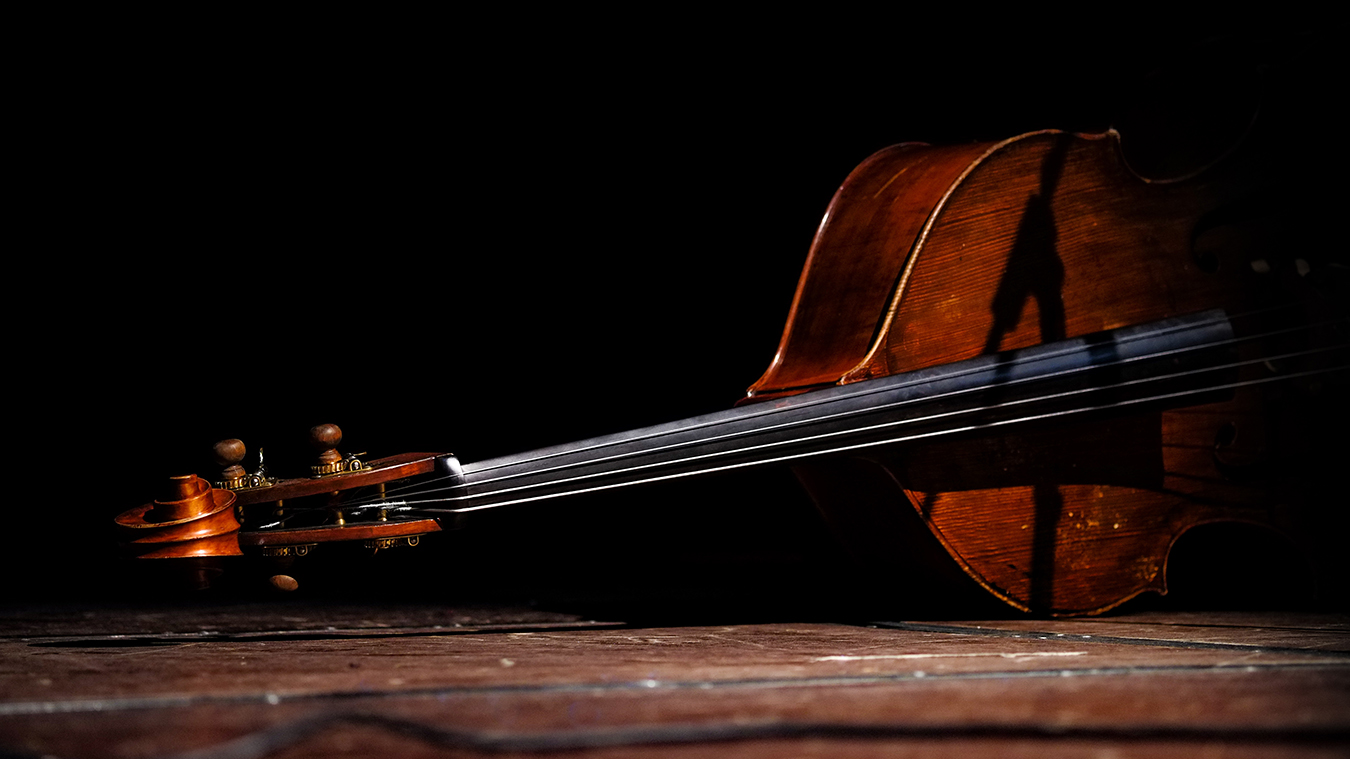The Center for Creative Photography presents “Louis Carlos Bernal: Retrospectiva,” featuring the photographic work of a pioneering Chicano photographer and Tucson legend.
The Center at the University of Arizona preserves the Louis Carlos Bernal Archive, including fine prints, project records, correspondence, and clippings. This exhibition will include photographs made in Southwestern barrio communities and include examples of Bernal’s early experimental work. Including photographs he made during his frequent trips to Mexico, and never-seen images he produced in Cuba.
- Louis Carlos Bernal Community Celebration | Oct. 12, 10a-4:30p | Music, art, food | Admission is free.
Bernal was born in 1941 in Douglas, Arizona, and based in Tucson. He saw his work as an art form rather than mere documentation. His career began in the early 1970s, after earning his MFA at Arizona State University in 1972. He focused on the people in Tucson’s barrios, where he lived and taught, before traveling to small towns across the Southwest. He then joined the Pima Community College faculty, where he developed and led its photography program.

“Louis Carlos Bernal: Monografía”
“Louis Carlos Bernal: Monografía” is a landmark survey of one of the most significant American photographers of the 20th century, co-published by Aperture and the Center for Creative Photography.
“Monografía” is the first major scholarly account to illuminate Bernal’s impact on American art history, featuring essays written by Rebecca Senf, chief curator at the Center for Creative Photography, and Elizabeth Ferrer, curator for CCP’s upcoming exhibition, “Louis Carlos Bernal: Retrospectiva” set to open Sept. 14.
“[Monografía] is a must-have for aficionados of photography and Latinx art, providing a comprehensive look at a seminal artist whose work continues to inspire and resonate,” writes Gerald A. Padilla in the Latino Book Review.

Louis Carlos Bernal bio
Born in 1941 in Douglas, Arizona, and based in Tucson, Louis Carlos Bernal was a pioneering Chicano photographer, among the very first to envision his work in the medium not as documentation, but as an art form. He began his career in the early 1970s in the wake of the Chicano civil rights movement, articulating a quietly political approach to photography with the aim of heralding the strength, spiritual and cultural values, and profound family ties that marked the lives of Mexican Americans who were marginalized and little seen.
Initially focusing on the people of modest means he encountered in the barrios of Tucson, the city where he lived and taught, Bernal eventually traveled to small towns throughout the Southwest, where he portrayed individuals and families in outdoor settings or in their homes surrounded by belongings, tabletops filled with religious statuary and curios, and at times, rooms absent of people that nevertheless express the tenor of the lives lived within them. In a relatively short career that spanned the 1970s and 1980s, Bernal demonstrated his profound gift for magnifying the lives of his subjects and for capturing the essence of their character in a single image.
More InfoThank you to the Henry Luce Foundation for support of this exhibition.




